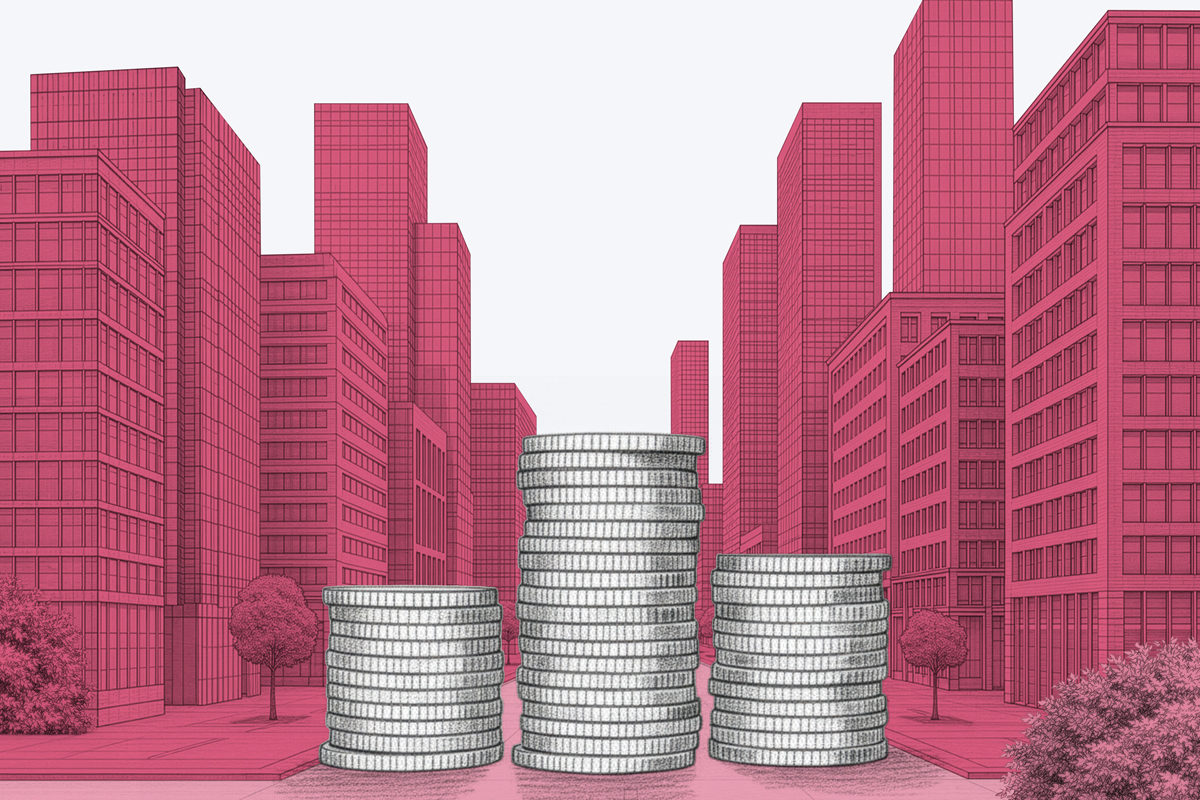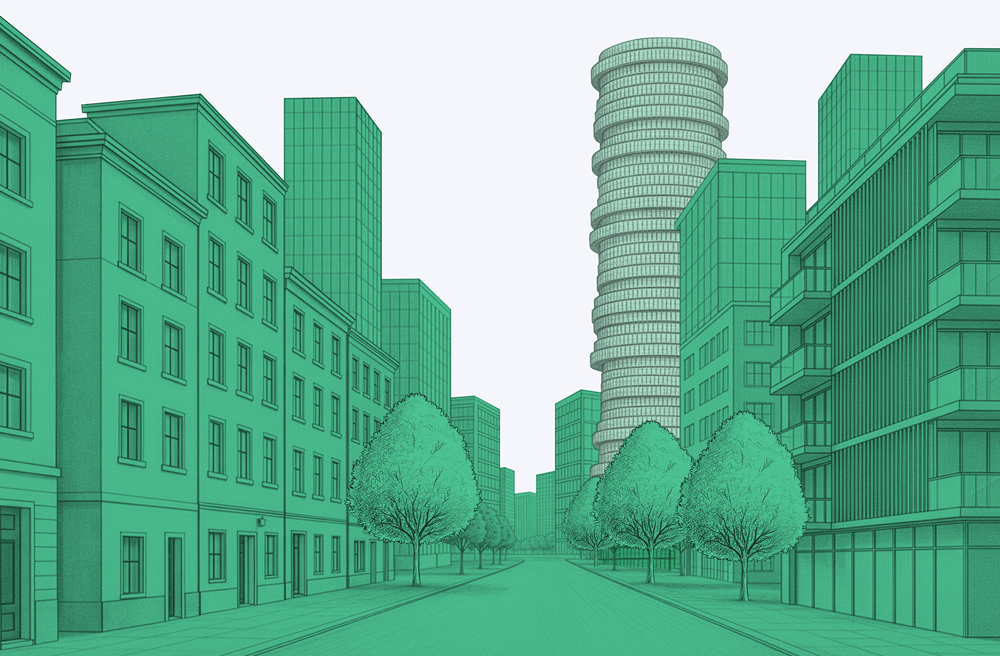Why It Matters & The Bigger Picture
Tokenization is not just about new tech or profit margins. At its core, it’s about transformation.
By turning property into borderless, divisible, and tradable digital assets, tokenization redefines access. A penthouse in Dubai or a duplex in Detroit is no longer the exclusive domain of institutional buyers, it’s open to anyone, anywhere, with a smartphone.
To appreciate the impact, consider two prior financial revolutions:
- ETFs (Exchange-Traded Funds) brought diversified stock exposure to everyday investors. With low fees and simplicity, they helped turn passive investing into a global norm, now a staple of personal and institutional portfolios.
- Crowdfunding unlocked startup investment, letting individuals back early-stage companies previously only accessible to venture capitalists. Platforms like Kickstarter and SeedInvest democratized innovation funding.
RWA tokenization is doing the same for real estate: lowering barriers, enhancing liquidity, and expanding access to one of the world’s most foundational asset classes.
A New Homestead Act—Digitized
In 1862, the Homestead Act gave U.S. citizens access to land, radically redistributing economic opportunity. Ownership shifted from the elite to the everyday person.
Tokenization is today’s digital Homestead Act.
But instead of allocating land through legislation, it allocates access through code. Whether in a revitalizing neighborhood in the U.S. or a high-end development in Dubai, tokenized real estate transforms how we think about wealth creation, inclusion, and mobility.
Tokenization toolkits give asset originators the means to do just that, unlock trapped value, engage new investor bases, and bring RWAs on-chain.
Building the Infrastructure: Defactor’s Role
Defactor has been active in the RWA space for over three years, delivering the infrastructure that turns tokenization from a concept into a practical, compliant, and scalable reality.
At its core, the Defactor toolkit is designed to support the full asset lifecycle, from token creation and customization to governance, liquidity access, and performance visibility. Rather than offering fragmented solutions, Defactor provides a modular suite of tools that work together or independently, depending on the needs of the issuer.
- Asset originators can mint and manage tokens that represent everything from real estate and commodities to intellectual property and invoices, embedding features like income distribution, governance rights, or fractional ownership.
- Institutions can offer lending and borrowing opportunities using tokenized assets as collateral, configuring terms like LTV ratios, durations, and liquidity windows to meet ecosystem requirements.
- Communities and stakeholders can be engaged through incentives and governance, allowing for staking models, voting mechanisms, and metrics that build transparency and trust.
All of this is underpinned by smart contract infrastructure and a real-time reporting dashboard. Defactor doesn’t just help tokenization happen, it makes it sustainable, scalable, and accessible for businesses operating across jurisdictions and asset classes. Whether it's real estate in Detroit, tokenized crops in sub-Saharan Africa, or fractionalized metals on-chain, Defactor provides the pathway for real-world value to move securely into decentralized markets
Key Takeaways
- Tokenization is transforming real estate into a global, digital asset class with lower barriers and more liquidity.
- Dubai showcases luxury-focused, regulation-forward innovation; Detroit represents grassroots access and cash flow.
- RWA tokenization sits alongside ETFs and crowdfunding as a historic step in democratizing capital markets.
- Defactor provides the infrastructure enabling tokenization at scale, bridging TradFi and DeFi with secure, accessible tooling.
- The future of real estate is borderless, inclusive, and digital by design.






